Peabody College: From a Frontier Academy to the Frontiers of Teaching and Learning
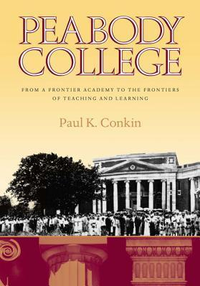
Summary
Today George Peabody College is a part of Vanderbilt University, as it has been since its merger in 1979. Its prior history was rich and complex. In this book, Paul Conkin, author of the award-winning history of Vanderbilt, Gone with the Ivy , tells the story of Peabody's many lives, of its successes and failures, and of its many colorful leaders and professors.
It all began as a small frontier academy in 1785. The institution that would become Peabody experienced its first reinvention two decades later as it became Cumberland College, and then, in 1826, the University of Nashville. The University maintained an elite undergraduate college until 1850, and, despite the success of its medical school and a military institute, it failed in three subsequent efforts to restart its undergraduate program.
In 1875 the University offered its campus and degree-granting authority to the first normal school in the state of Tennessee, a school funded by the Peabody Education Fund. The Peabody Normal College was the best in the South, and, as such, exerted an enormous influence on education in the region.
A new era began in 1909. The trustees of the Peabody Fund, at its liquidation, provided an eventual $1.5 million to establish a graduate-level George Peabody College for Teachers. It opened for classes in 1914, on its present campus, where it quickly became the premier teachers' college in the South. As was the case with many private, independent institutions, Peabody faced intermittent financial struggles, which finally ended with its union with Vanderbilt. Today Peabody is, by almost any criteria, one of the five or six strongest colleges of education in the United States.
Similar Books
-
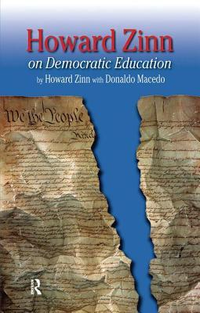 Howard Zinn on Democratic Education
Howard Zinn on Democratic Educationby Howard Zinn
-
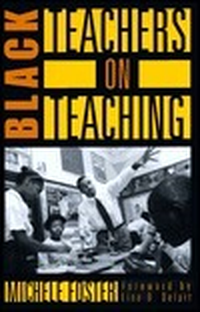 Black Teachers on Teaching
Black Teachers on Teachingby Michele Foster
-
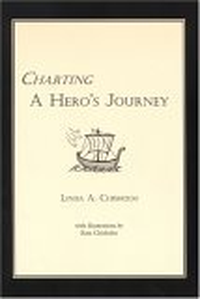 Charting a Hero's Journey
Charting a Hero's Journeyby Linda A. Chisholm
-
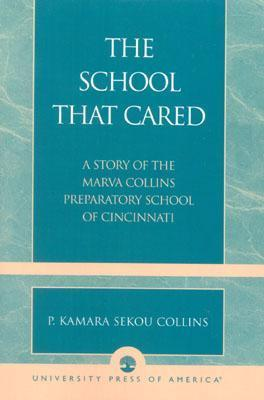 The School that Cared: A Story of the Marva Collins Preparatory School of Cincinnati
The School that Cared: A Story of the Marva Collins Preparatory School of Cincinnatiby P. Kamara Sekou Collins
-
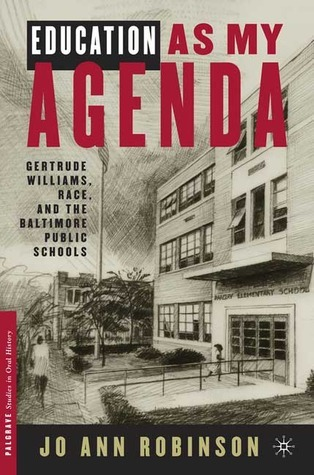 Education as My Agenda: Gertrude Williams, Race & the Baltimore Public Schools
Education as My Agenda: Gertrude Williams, Race & the Baltimore Public Schoolsby Jo Ann Ooiman Robinson
-
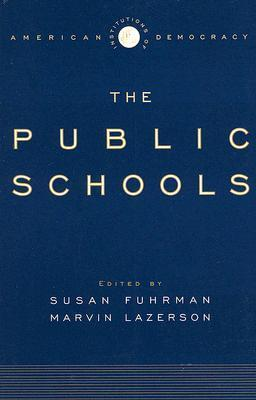
-
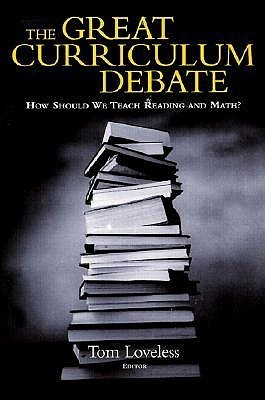
-
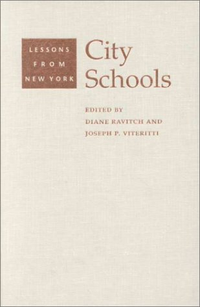 City Schools: Lessons from New York
City Schools: Lessons from New Yorkby Professor Diane Ravitch
-
 A Teacher's Cry: Expose the Truth about Education Today
A Teacher's Cry: Expose the Truth about Education Todayby Lewis W. Diuguid
-
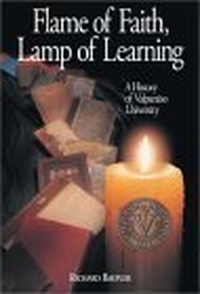 Flame of Faith, Lamp of Learning: A History of Valparaiso University
Flame of Faith, Lamp of Learning: A History of Valparaiso Universityby Richard Baepler
-
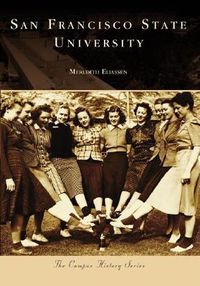 San Francisco State University (CA)
San Francisco State University (CA)by Meredith Eliassen
-
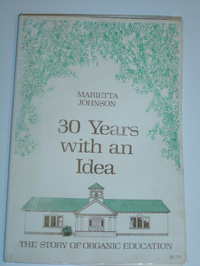 A system for assessing affectivity
A system for assessing affectivityby Marietta Johnson
-
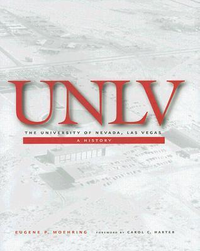 UNLV: The University Of Nevada, Las Vegas: A History
UNLV: The University Of Nevada, Las Vegas: A Historyby Eugene P. Moehring
-
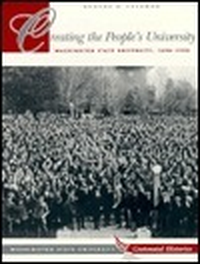 Creating the Peoples University Washington State University
Creating the Peoples University Washington State Universityby George A. Frykman
-
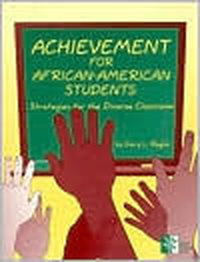 Achievement for African-American Student
Achievement for African-American Studentby Gary L. Reglin
-
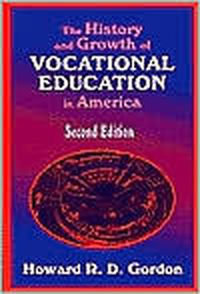 The History and Growth of Vocational Education in America, Second Edition
The History and Growth of Vocational Education in America, Second Editionby Howard R.D. Gordon
-
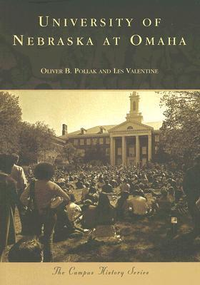 University of Nebraska at Omaha
University of Nebraska at Omahaby Oliver B. Pollak
-
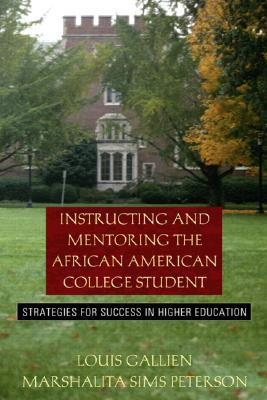
-
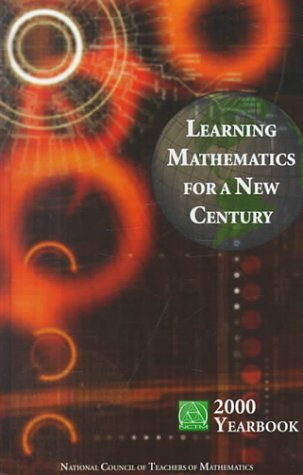 Learning Mathematics for a New Century (YEARBOOK
Learning Mathematics for a New Century (YEARBOOKby Maurice Joseph Burke
-
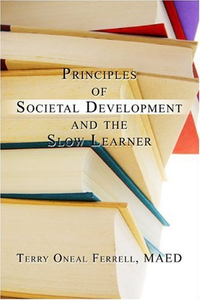 Principles of Societal Development and the Slow Learner
Principles of Societal Development and the Slow Learnerby Terry Oneal Ferrell
-
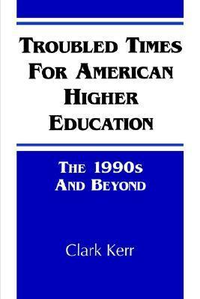
-
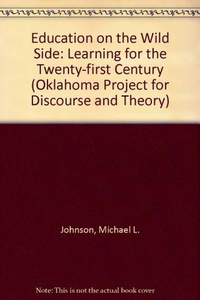 Education on the Wild Side: Learning for the Twenty-First Century
Education on the Wild Side: Learning for the Twenty-First Centuryby Michael L. Johnson
-
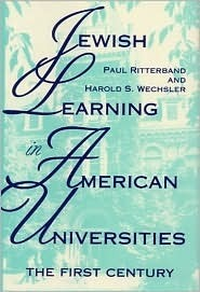 Jewish Learning in American Universities: The First Century
Jewish Learning in American Universities: The First Centuryby Paul Ritterband
-
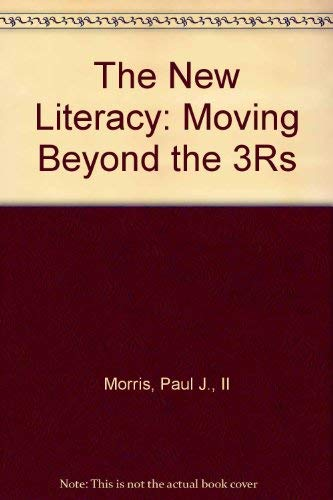 The New Literacy
The New Literacyby Stephen Tchudi
-
 Teacher Training at Cambridge
Teacher Training at Cambridgeby Pam Hirsch
-
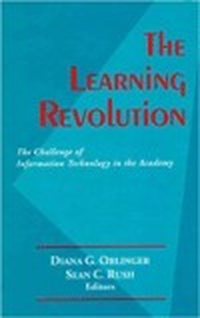
-
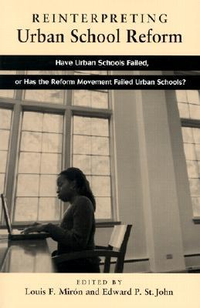
-
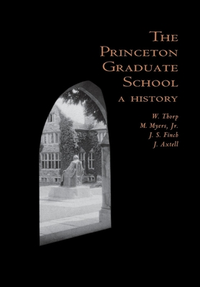 The Princeton Graduate School
The Princeton Graduate Schoolby Willard Thorp
-

-
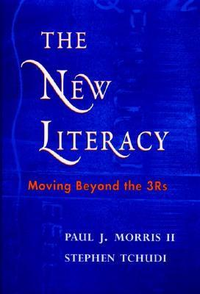 The New Literacy: Moving Beyond the 3Rs
The New Literacy: Moving Beyond the 3Rsby Stephen Tchudi
-
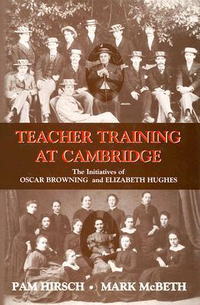
-
 No Heroes, No Villains
No Heroes, No Villainsby Robert M. O'Neil
-
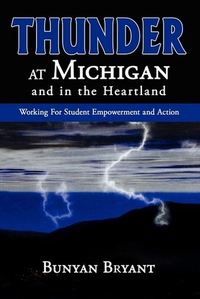
-
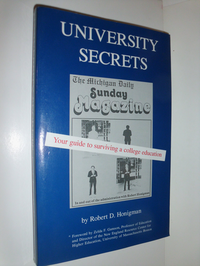 University Secrets: Your Guide to Surviving a College Education
University Secrets: Your Guide to Surviving a College Educationby Robert David Honigman
-
 African American Women Administrators
African American Women Administratorsby Annette W. Rusher
-
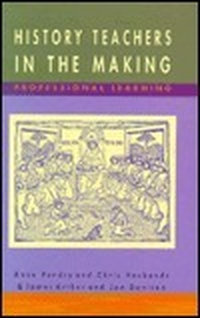 History Teachers in the Making : Professional Learning
History Teachers in the Making : Professional Learningby Anna Pendry